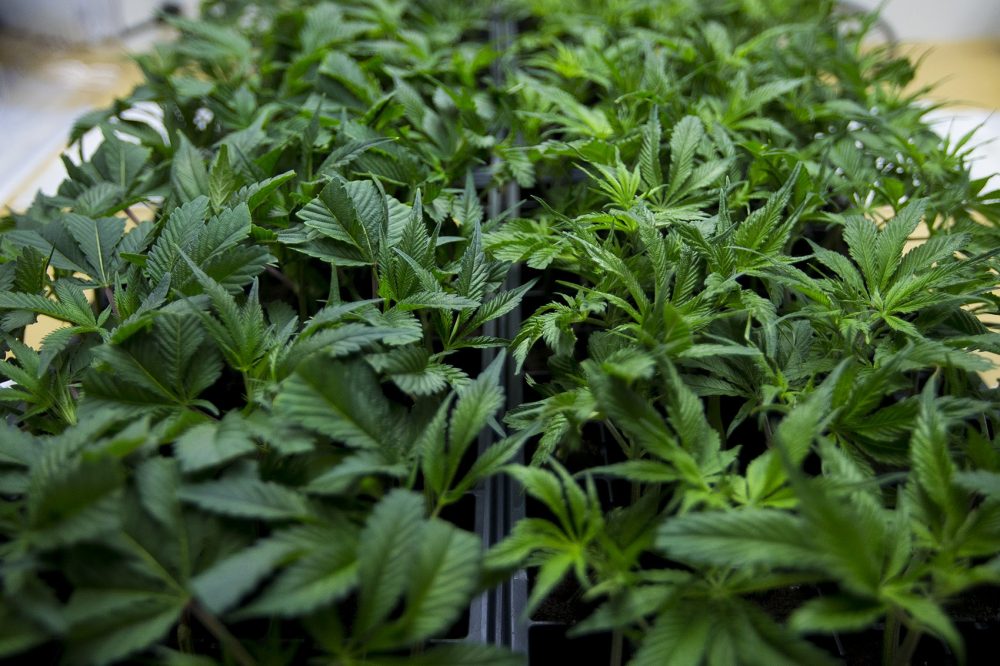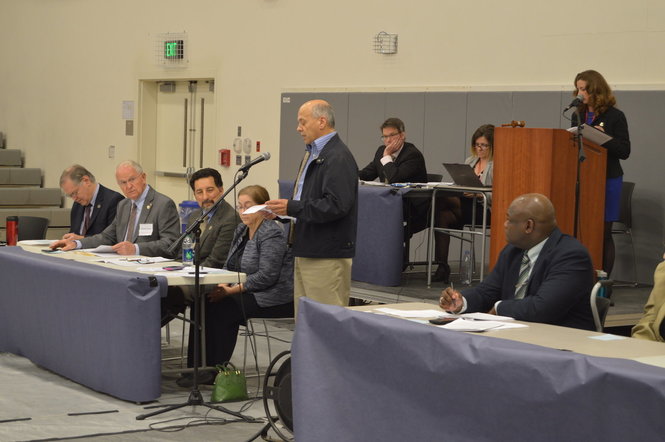House leadership will unveil its proposal to overhaul the voter-backed law legalizing marijuana in Massachusetts on Wednesday, setting up an expected debate and vote before the full membership on Thursday.
The bill’s details have been held under wraps by those writing the legislation, but it is widely expected to address the tax rate on legal marijuana sales, the oversight structure and the process by which cities and towns can choose to opt out of hosting marijuana dispensaries in their communities.
The highly anticipated release of the marijuana regulation bill this week will allow lawmakers to make strides toward their end-of-June deadline to send Gov. Charlie Baker a bill reworking the 2016 ballot law.
The Marijuana Policy Committee, co-chaired by Rep. Mark Cusack and Sen. Patricia Jehlen, has scheduled an executive session for Wednesday at noon where members of the committee will vote on recommending the bill, which has been crafted quietly after a series of public hearings around the state.
The release of the bill appears timed to allow for Democrats to talk through the proposal during a scheduled party caucus later that day and in advance of a formal session Thursday when one senior House official said the plan is for a debate and vote on the pot bill.
House Speaker Robert DeLeo canceled the standing meeting between House and Senate leaders and Gov. Charlie Baker on Monday so that House leaders could discuss the marijuana legislation, as well as ongoing budget concerns.
The tax rate enshrined by last year’s ballot law is among the lowest in states that have legalized marijuana, calling for a 3.75 percent excise tax on top of the state’s 6.25 percent sales tax and 2 percent local option tax. The maximum tax rate under the ballot law, therefore, cannot exceed 12 percent.
The regulatory structure has also received a good deal of attention. Some have questioned whether oversight should fall exclusively to the state treasurer and a Cannabis Control Commission under her purview made up of treasury appointees.
Those who have raised such questions have suggested an independent authority to oversee the legal pot market akin to the casino industry’s Massachusetts Gaming Commission. Treasurer Deborah Goldberg has urged lawmakers to leave it under her control.
Last year after several provisions of the ballot law took effect – including possession of up to an ounce of marijuana and home growing – the Legislature voted to delay other aspects of the law by six months with the goal of opening retail pot shops by July 2018.
The new committee formed to look at the law and consider marijuana-related legislation set a deadline of the end of the fiscal year to recommend changes to the law in order to be able to meet the timeframe for legal pot sales.
It remains unclear whether Senate members of the committee will endorse this first version of the bill, or reserve their rights knowing that leadership in their own branch plans to review the language and craft their own legislation before it moves to the Senate floor.
credit:news.wgbh.org













